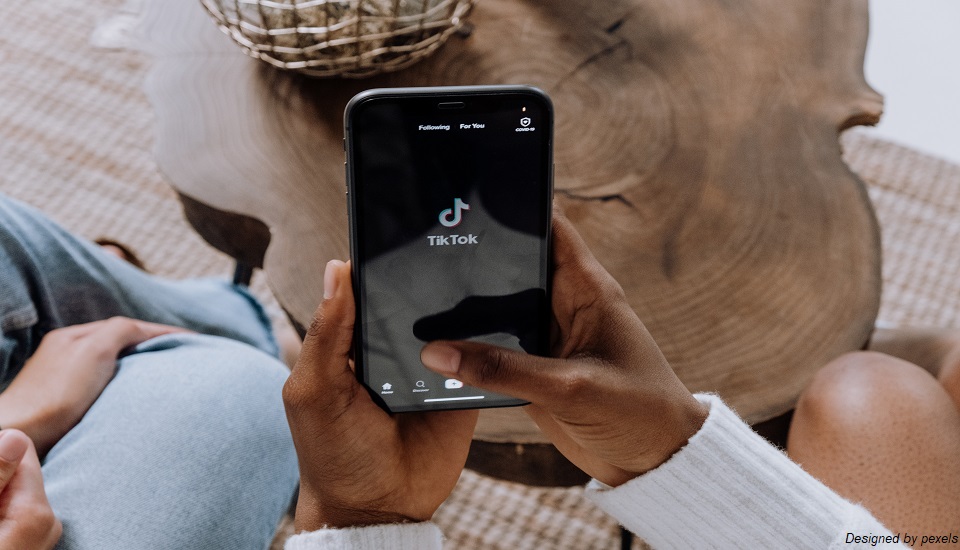
As per a journal report “Tik-Tok Brain” is causing some serious issues in students as they are experiencing physical symptoms like headaches and their attention spans are also getting negatively impacted.
The Centres for Disease Control and Prevention claimed that when they looked back at the emergency room, they found the proportion of girls visiting the room had tripled throughout the pandemic. The reason they discovered this was that a lot of girls were watching the same type of TikTok videos for hours.
What Is Tik-Tok Brain?
The term ‘Tik-Tok Brain' refers to the negative aspects associated with a social media platform. This includes increased anxiety, depression, and shorter attention spans. Students spending too much time on this platform are becoming addicted which is giving rise to several physical and mental health issues.
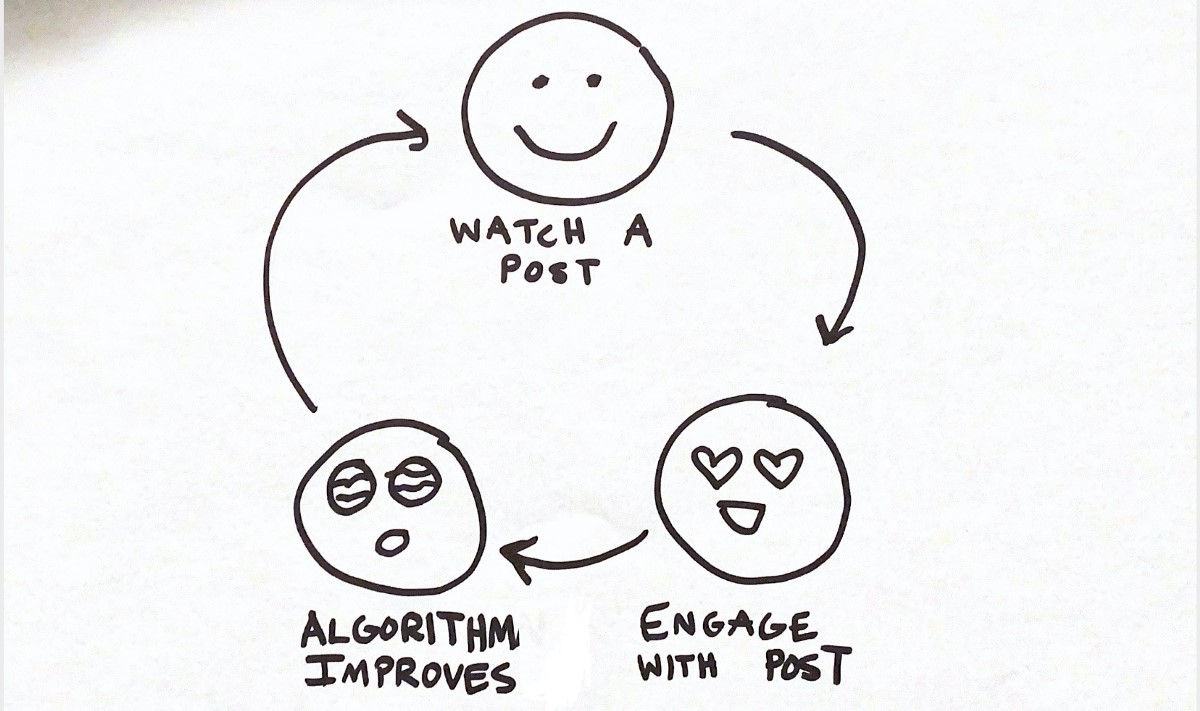
This platform has made short videos extremely popular and the optimal length of a video is 21-34 seconds. Owing to this, learners these days are struggling to focus on a wide range of activities that require longer time. Reading books, completing homework paying attention to a class, or even watching a full-length movie is getting tricky for them.
Is Tik Tok Bad For Your Brain?
TikTok uses an algorithm that shows content related to what users have previously watched. This algorithm can detect interests, hobbies, fashion styles, music tastes, sexual orientation, sense of humor, etc. This customized viewing experience sounds harmless but it tends to push users down a rabbit hole that reinforces negative behaviors and thoughts.
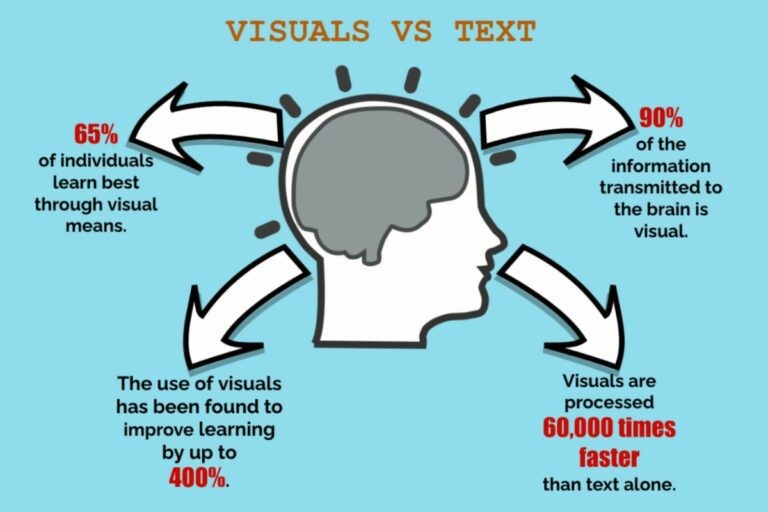
Every time users watch Tik Tok videos dopamine is released in their system which mimics the effects of drugs. Young people are more prone to this addiction as their brain is not completely developed until they reach 25-30 years. As per studies students who watch these videos have highly activated brain cells involved in addiction and some users also find it challenging to continue their viewing habits.
How Is Tik-Tok Affecting Mental Health?
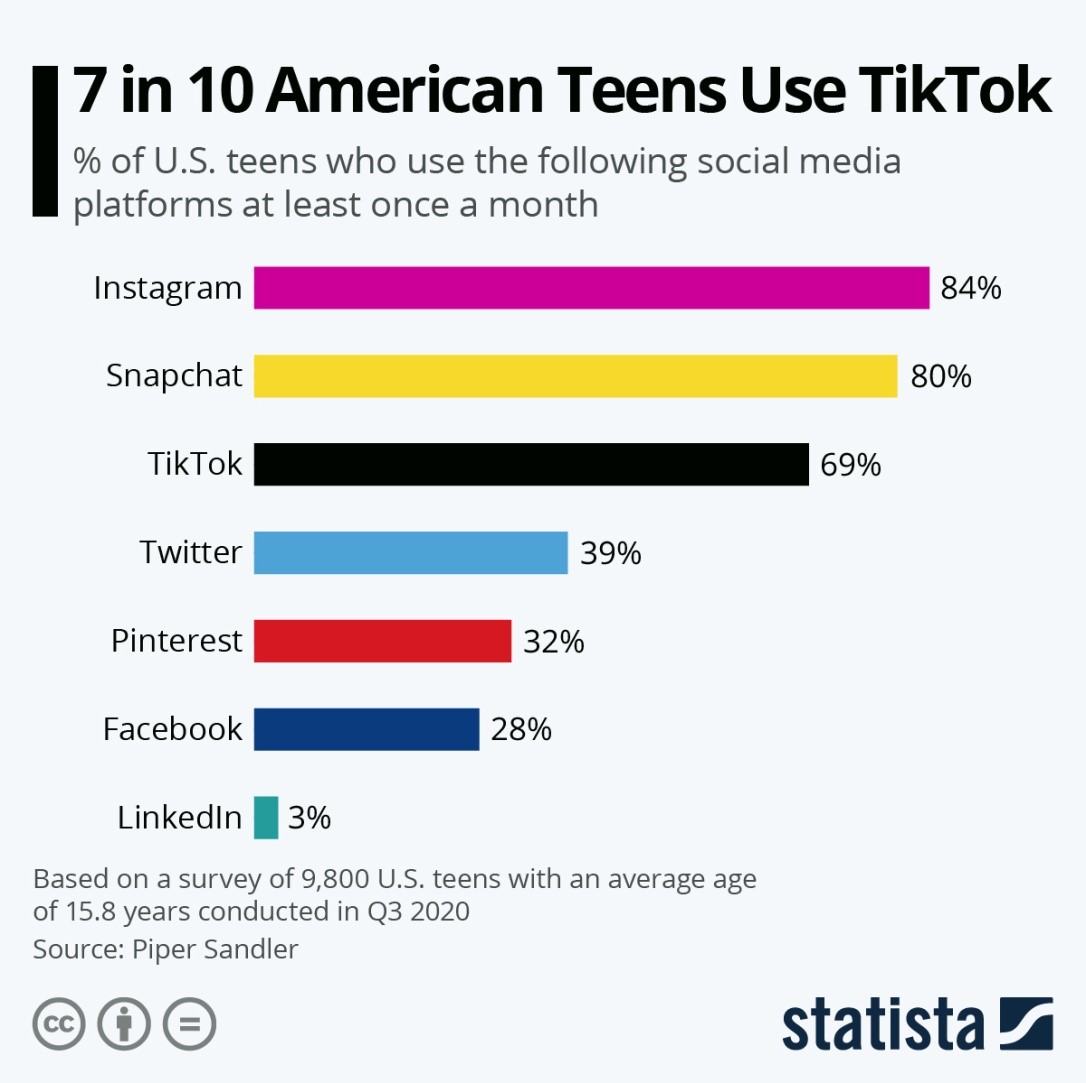
Here are some of the many ways by which Tik-Tok can affect the mental health of youngsters:
Ways To Reset Tik Tok Brain
If constantly scrolling through Tik Tok becomes a problem and you want to reduce your student’s reliance on it, here are five ways to reset a TikTok brain.
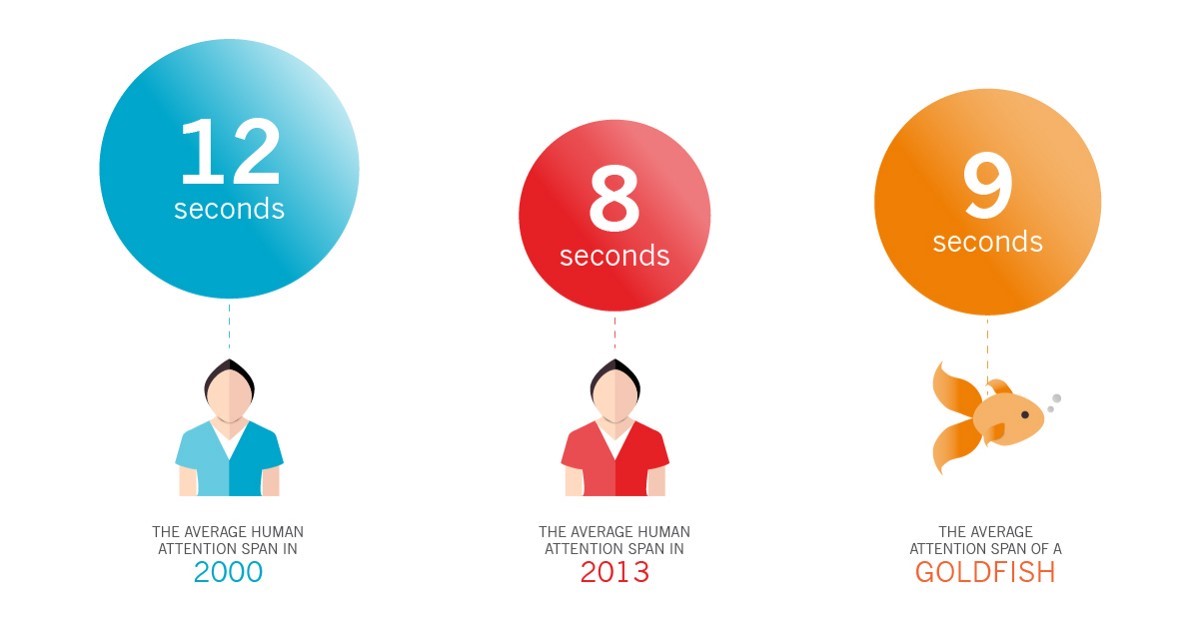
As a teacher, there is not much that you can do in class. But what you can do is have a session with the parents and convey the serious issues their child is having in school due to the overuse of Tik Tok. Ask the parents to customize the app by setting up family pairing.
This allows the parents to customize the app for their teens to generate a healthy experience. Ask the parents to set screen time and use restricted mode to limit the child’s access to inappropriate content.
This is also something that parents should be aware of. However, parents might not be super tech-savvy and several things might go unnoticed by them. Thus, you as educators must ask them to set a screen time dashboard for their kids to reduce and manage their video consumption.
This dashboard shows the number of hours spent by the kids on Tik Tok. It also gives a breakdown of daytime and nighttime usage and the number of times they have opened the app on a particular day.
Since students will be less prone to using Tik Tok in schools, you can create Tik Tok free zones. Create spaces where and set ground rules where and when can they not use the app, like during recess, library, or within the school premises.
Instead, create activities that will keep them engaged and reverse the damages that have been done by the app. Doing this will allow them to realize that there is a life outside the app and that they can spend their time in a much better and more productive manner.
Your students have a lot of screen time at home and hence it is better if you keep your lessons screen-free. In the era of smart boards and technologies, this might be hard to try to engage them keeping their hobbies and interest in mind.
Create activities related to sports or communicate with friends or even show their creative side through arts and music. These tasks will reset the students' brains and they will also learn to look for inspiration elsewhere other than the app.
It’s Time To Rid Social Media Problems
If you find any of your students are showing negative behaviors in class, it is probably due to the overuse of Tik Tok. Talk to the parents to find out the root cause and take measures to boost the mental health and well-being of the learners. If you are not sure how to do this in an online setting, consider pursuing Online Special Education Courses to help them have a healthier relationship with technology.
Get In Touch
UK – Registered OfficeAsian College Of Teachers Ltd (UK)
27, Old Gloucester Street, London – WC1N 3AX, UK
UK Toll Free: 0-808-189-1203
www.asiancollegeofteachers.co.uk
All SEN Courses are designed, developed and created by Asian College of Teachers Ltd, United Kingdom. These courses are certified by CPD Certification Service UK and endorsed by NCC Education, UK, and Short Courses from CACHE, UK through Laser Learning UK.
Asian College of Teachers (ACT) undertakes a continuous review of its teacher training courses to ensure imparting high quality education. However, there might be circumstances outside of ACT’s control which might affect its stakeholders like if you are planning to teach in a different country, applying for a teaching license, pursuing higher studies or trying to get the certificate approved by the Ministry of Education (MoE) of a particular country then you can do so with the certificate issued by Asian College of Teachers (ACT). However, each country’s Ministry of Education (MoE) or educational bodies set certain standards that are indispensable for the pursuit of higher studies or teaching in schools in that country. So it can be a possibility that you may be able to use the certificate for higher studies or teaching purposes in one country and not in another. Therefore, we strongly recommend that you investigate thoroughly and check with the relevant authorities regarding the acceptance of the certificate issued by us before you enrol on a particular course. ACT strives to offer high-quality education and its certificates can be valuable for various purposes internationally, but still it is crucial for individuals to verify the specific recognition of the certificate in the country they intend to use it, especially for formal education or professional licensing purposes. This approach ensures that the stakeholders make informed decisions regarding their educational and career paths.
© 2026 Asian College of Teachers. All Rights Reserved. Asian College Of Teachers is a trading brand of TTA Training Pvt. Ltd (India) - CIN U80902WB2016PTC215839, Asia Teachers Training Co., Ltd (Thailand) - Registration No. 0105558193360, Asian College Of Teachers Ltd (UK) - Company Number 9939942 & Asian College Of Teachers LLC, (USA) - Federal Tax Identification Number 30-1261596
Designed by kreativewebtech